"I want to create a world where both dogs and people can enjoy their daily lives more."
Sakagami Airi, 4th year student, School of Political Science and Economics
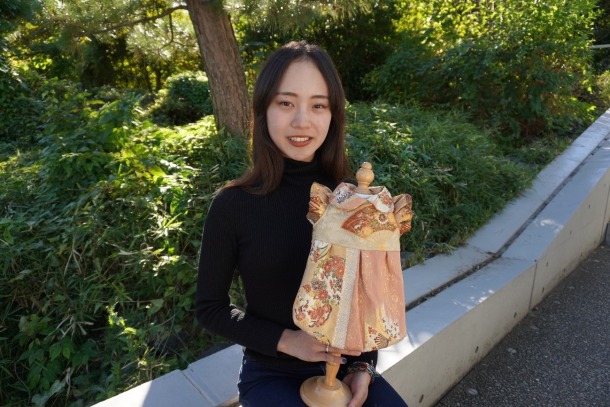
At Toyama Campus Toyama Hill. Nishijin-ori dog wear in hand.
Sakagami Airi is the founder of loco y tanto Co., Ltd.,which develops the Nishijin-ori dog wear brand loco. She is also actively involved in animal protection activities, and is involved in holding adoption events for rescued dogs. We spoke to Sakagami, who values her relationship with dogs, about why she started loco y tanto, what she studied at Waseda University, and her future plans.
-Please tell us why you started loco y tanto.
I first thought about starting a business when I was in the fifth grade of elementary school. My father was an entrepreneur, and I had the opportunitity to hear him talk about his business in detail. I thought it was cool to see my father trying new things without following the established path, and I began to admire entrepreneurs.
When I thought about what kind of business I wanted to do, dogs were the first thing that came to mind. I grew up in an environment where there were dogs in the house, and I loved dogs. When I was in elementary school, I used to go to school every day with a dog breed encyclopedia in my arms, and I read it so thoroughly that I memorized it from cover to cover.
After entering university, I had the opportunity to become involved in animal protection activities, such as serving as the representative of the student animal protection group "Kisuani" affiliated with the Aoyama Gakuin University Volunteer Center. However, through these activities, I also realized how difficult it is to make a profit while contributing to society. So I began to think about starting a business that involves dogs.
Photo on the left: A photo with my family's pet dog
Photo on the right: A dog adoption event was held with companies and celebrities as part of animal protection activities (around January 2022)
At the same time, I learned that an acquaintance of mine who is involved in Nishijin-ori in Kyoto wanted more people to recognize it as a traditional Japanese craft. The Nishijin-ori industry was in decline, and he wanted to develop a new market in order to pass on the skills of artisans to the next generation. As a native of Kyoto Prefecture, I had been familiar with Nishijin-ori since I was a child in school classes, so I wanted to help with that. So I thought I would try to combine two things that at first glance seem unlikely to go together: dogs and Nishijin-ori.
--Please tell us about the features of loco's Nishijin-woven dog wear.
Because it is made of silk, it has a shine that is not found in other dog wear. Nishijin-ori is also a durable fabric that does not wrinkle easily, so it can be worn for a lifetime and can be considered a sustainable product. Each item is handmade to order, so we can fulfill all of the customer's wishes, from size and shape to design, and create a one-of-a-kind dog wear.
-What kind of response have you received?
In October 2024, we held our first fitting and photo session for Nishijin-ori dog wear. Because the product is not cheap, we wanted to first create an opportunity to connect with customers and convey the quality of the material and the attention to detail. We received positive feedback from customers, such as "cute" and "amazing." It was also a valuable opportunity to make new discoveries, such as areas for improvement, so we would like to continue holding these events proactively in the future.
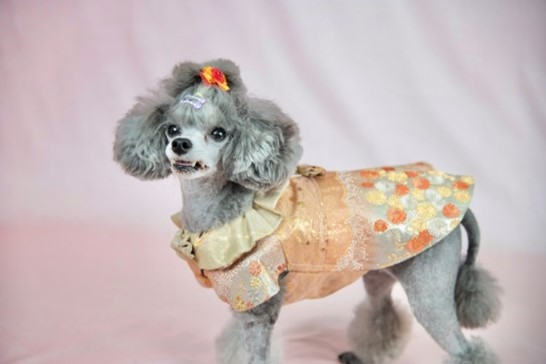
At the Nishijin-ori dog wear fitting and photo session
--Is there anything that you learned at university that has been useful in starting and running a business?
In addition to my undergraduate classes, I have taken many business-related classes, such as the "Entrepreneurship Training Course I" (a course offered by School of Commerce) and the Leadership Development Program (LDP). I also had the opportunity to speak directly to the CEO of a company, which was very helpful in running my own business. I am a reckless person who often rushes ahead with whatever I want to do, but the classes teach me the steps for developing a business in an orderly manner, which gives me the opportunity to stop and think calmly.
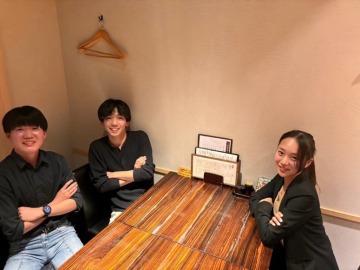
With fellow group members in the "Entrepreneurship Training Course I." The business plan they created was highly evaluated, and they were qualified to compete in the "24th Waseda University Business Plan Contest" (2021), which is linked to the class, where they won second place.
-What are your plans for future business development?
Currently, we mainly sell our products online, but we are also considering opening stores in department stores. However, instead of selling standardized products, we plan to continue to offer made-to-order products. We will use department stores as a place to display samples, and hope that by letting customers see and touch the products directly and conveying their merits, we can encourage them to make a purchase.
I also want to focus on sales to overseas customers. I want people from overseas to experience the Japanese culture of Nishijin-ori. In December 2024, I plan to go to Beverly Hills, California, where wealthy Americans gather, to do research. I want to see for myself what the pet industry in America is like and what pet products are popular among local pet owners.
Currently, we only sell dog wear, but we are thinking of expanding into accessories such as ribbons and chokers. Nishijin-ori is characterized by its thick fabric, so at this stage it is difficult to make detailed products, and we are still in the process of trial and error.
Photo on the left: Nishijin-ori textile production. Sakagami herself goes to the Kyoto workshop and places the order directly.
Photo on the right: At the time of the interview. Each dress costs over 100,000 yen, so they would like people to buy it for special occasions such as the Shichi-Go-San festival or birthdays.
--Please tell us about your future prospects.
My ultimate goal is to realize the social advancement of dogs in Japan. For example, in Europe, dogs are allowed on trains, in cafes, and in offices as a matter of course. On the other hand, in Japan, there are conditions such as weight restrictions when dogs ride on trains, so they cannot easily use them. It is certainly difficult because not everyone likes dogs, but I think that if we can create a society where dogs can go freely to various places, the lives of both dogs and humans will become richer.
My current business is just the beginning of my vision. By expanding my business further, I hope to eventually achieve my goal and create a world where both my beloved dogs and people can enjoy their daily lives more.
No.889
Interview, text and photography: Waseda Weekly Reporter (SJC student staff)
Ukiya Hinari, 3rd year School of Culture, Media and Society
【Profile】
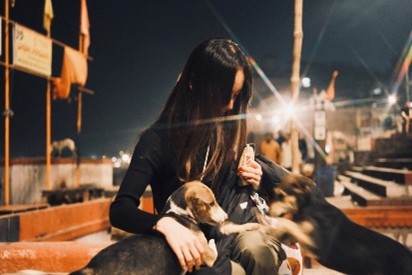 Born in Kyoto Prefecture. Graduated from Sagano Prefectural High School. In addition to working with dogs, her hobbies are traveling, music, and reading. She has a curious personality and has even backpacked alone, traveling from Europe to India for two months. She currently keeps an Italian Greyhound and a Boston Terrier at her parents' home.
Born in Kyoto Prefecture. Graduated from Sagano Prefectural High School. In addition to working with dogs, her hobbies are traveling, music, and reading. She has a curious personality and has even backpacked alone, traveling from Europe to India for two months. She currently keeps an Italian Greyhound and a Boston Terrier at her parents' home.
loco y tanto Co., Ltd. Official Shopping Website: https://l.locoytanto.com/
Instagram: @locoytanto

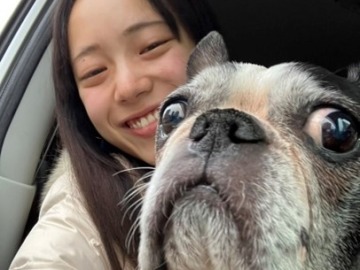
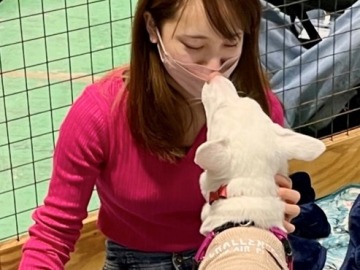
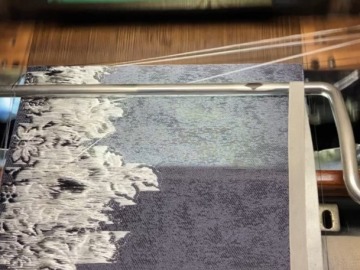
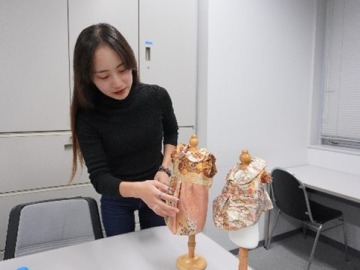
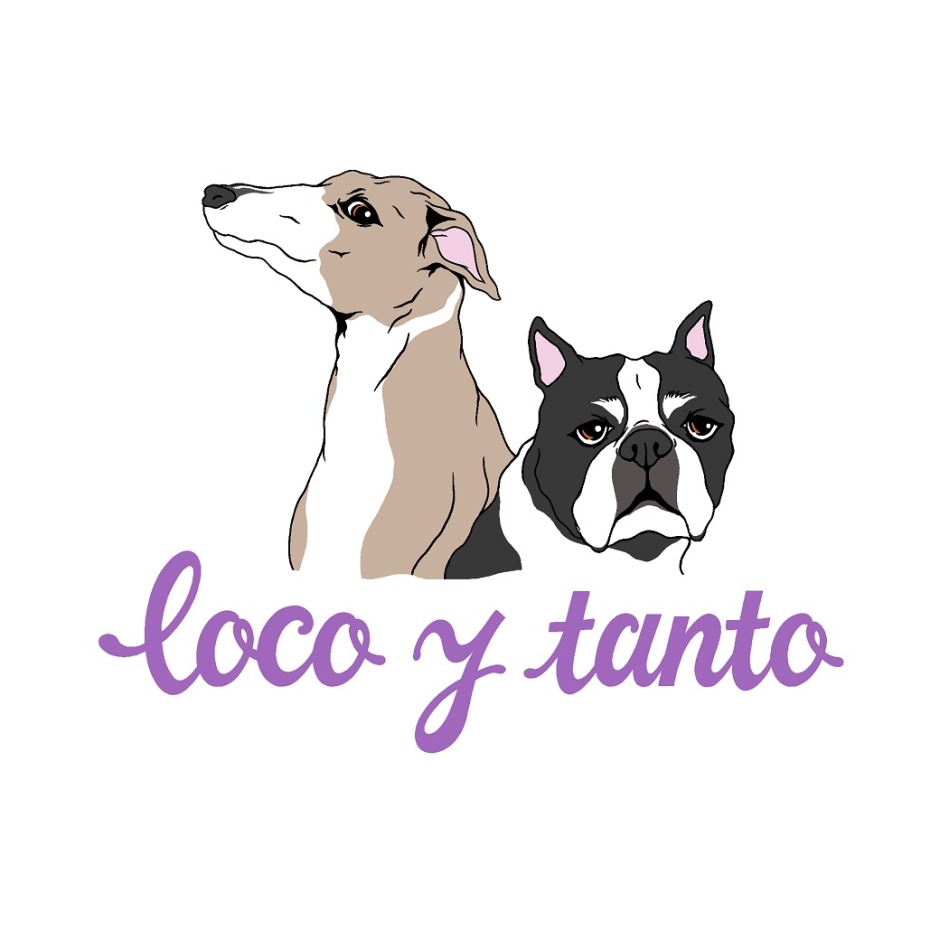
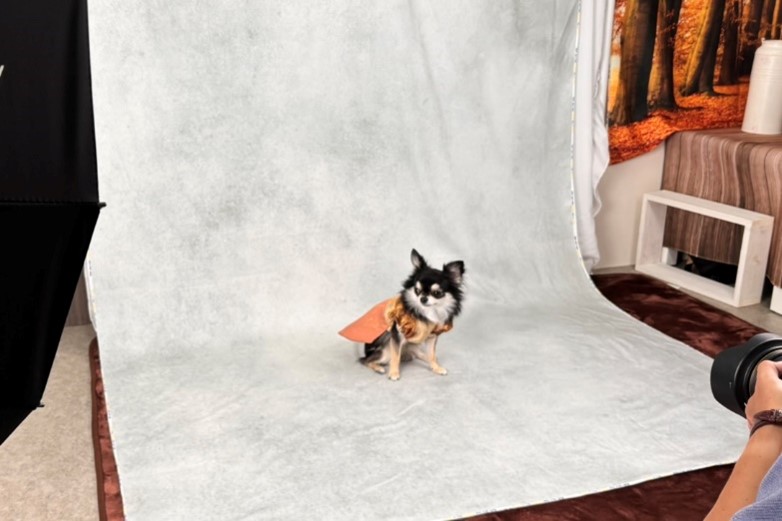
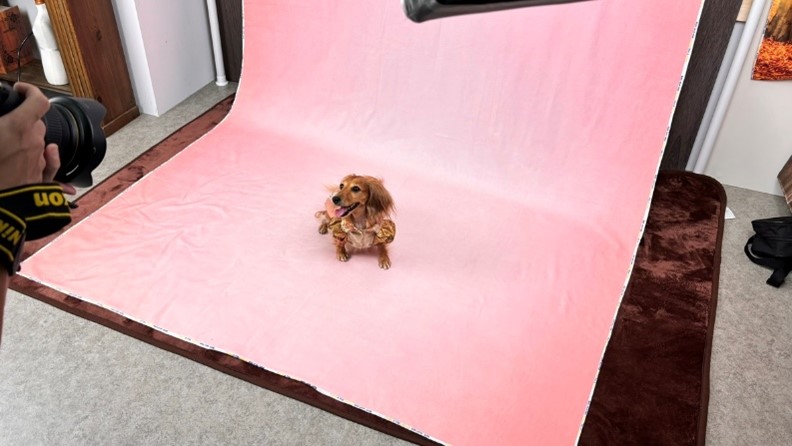
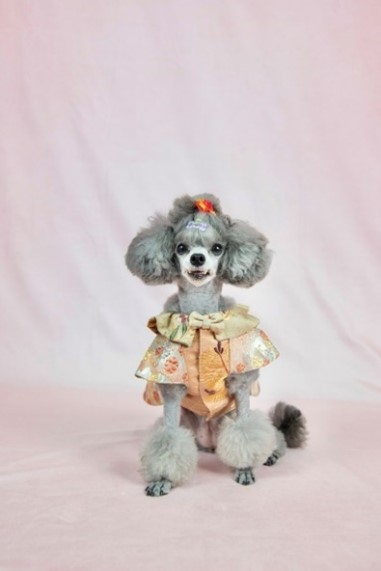
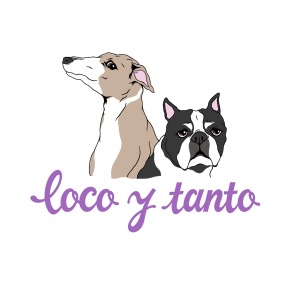
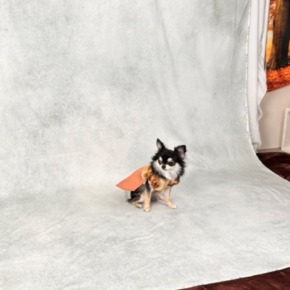
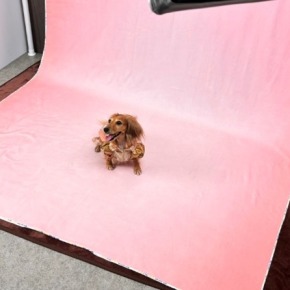
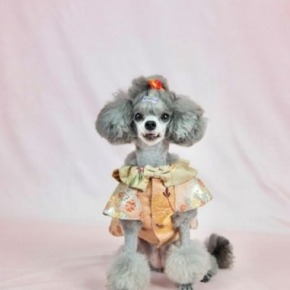
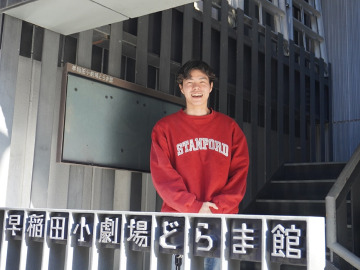
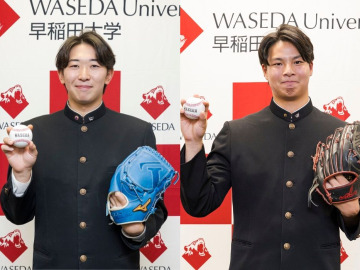
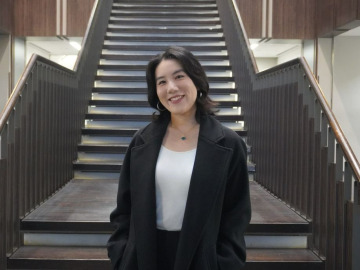
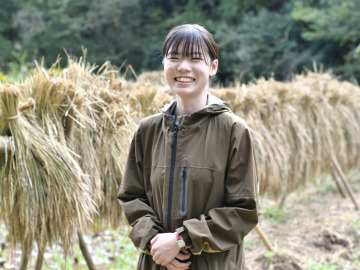

![[Save version] Map of the four main campuses](https://www.waseda.jp/inst/weekly/assets/uploads/2025/09/17cb2975123fc5103172ef60bd98608d-610x458.jpg)

